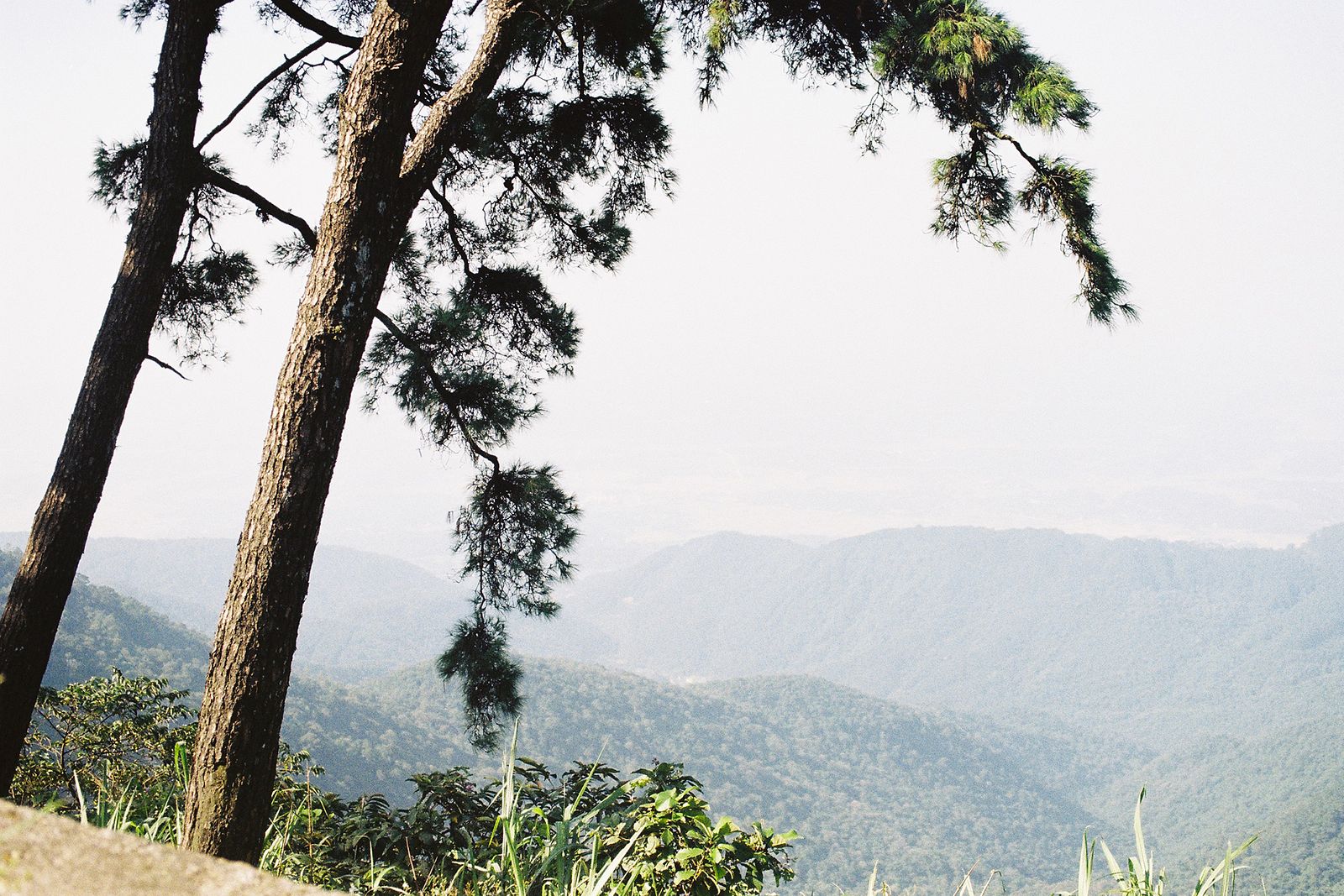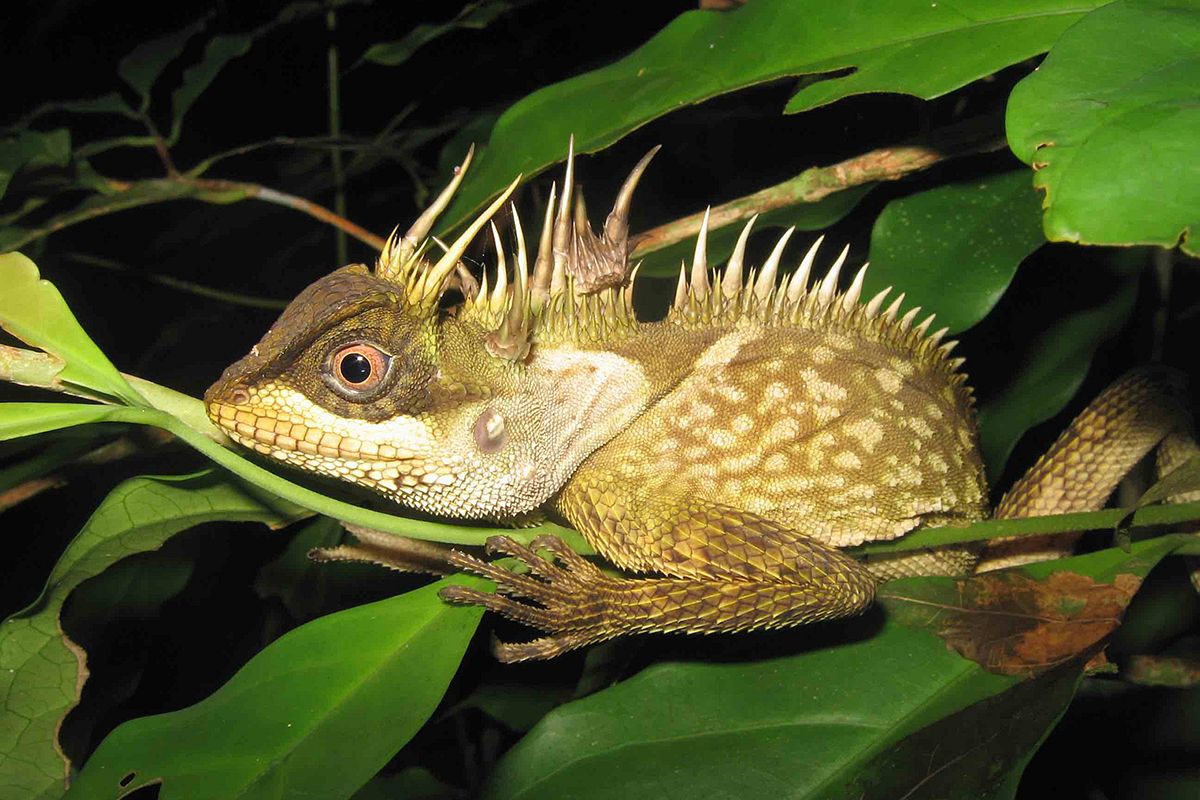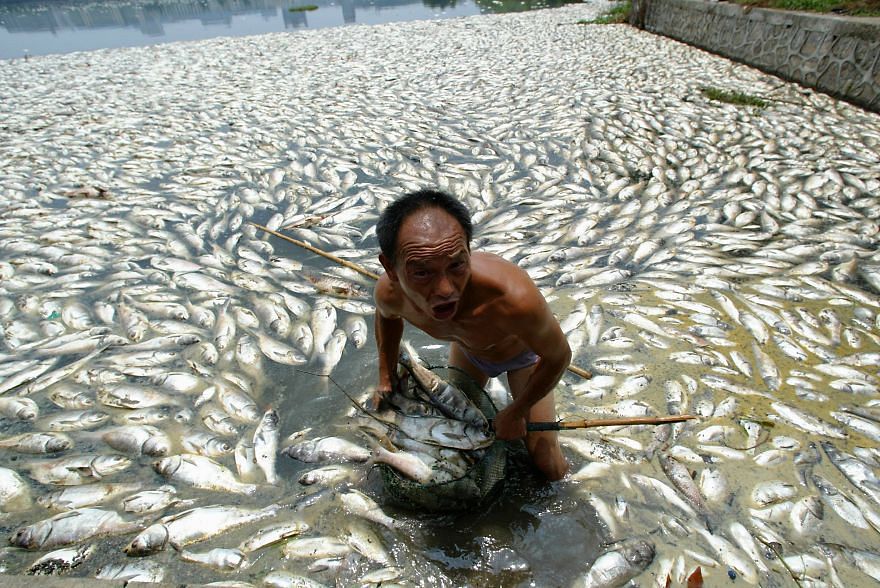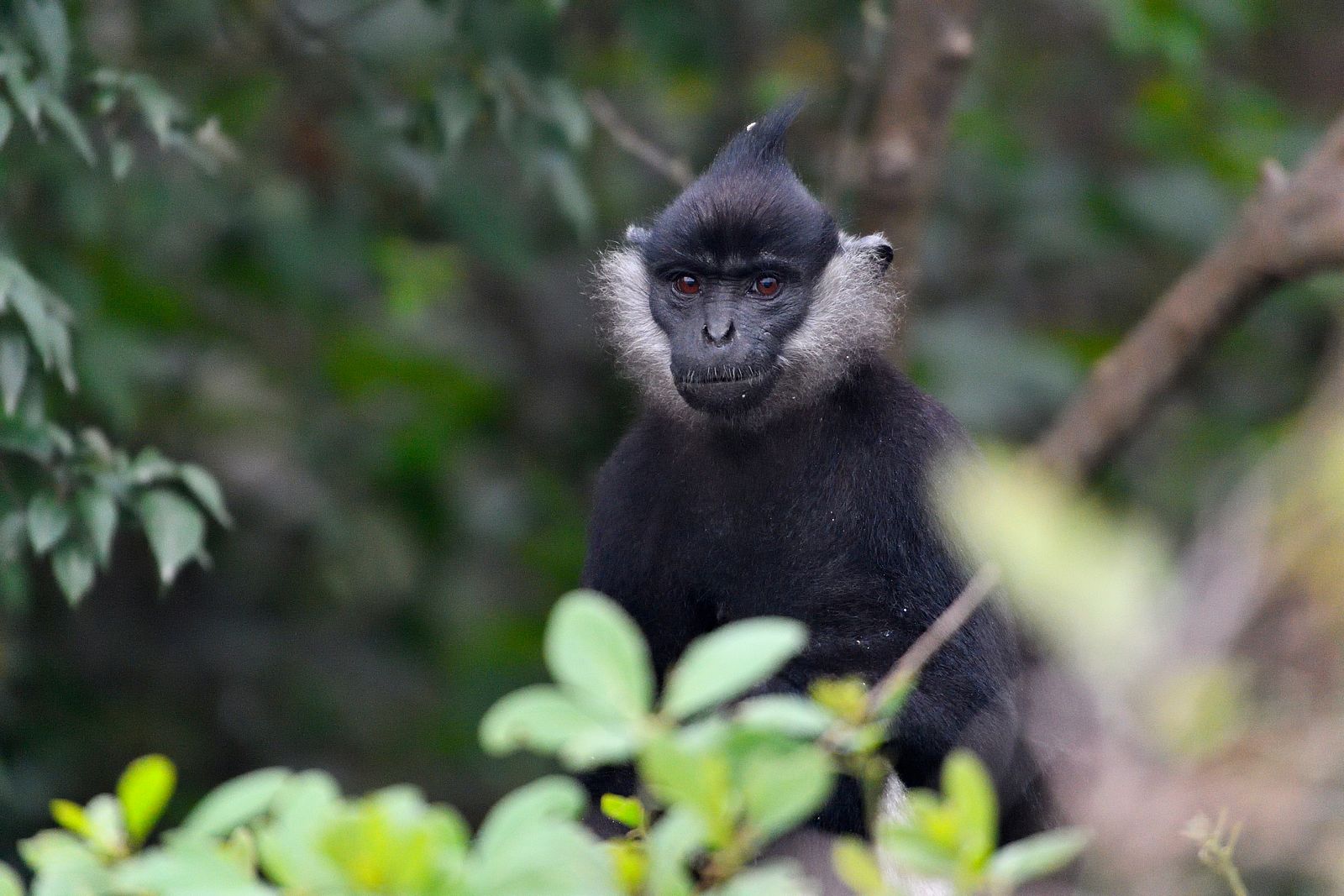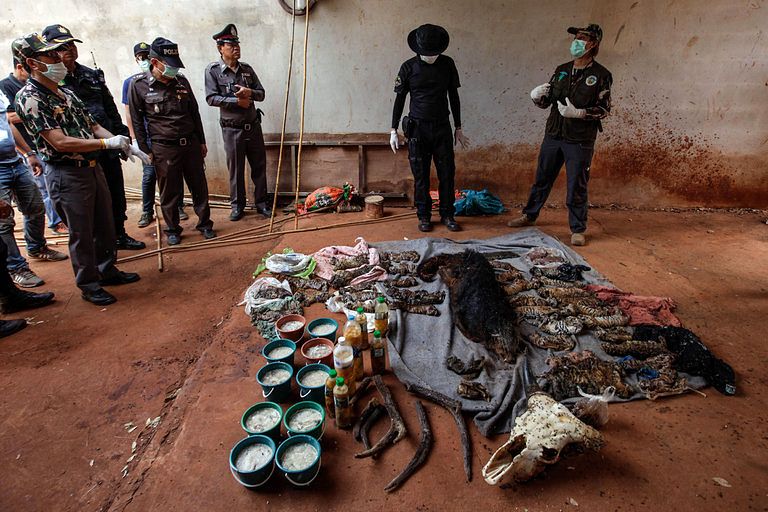Faced with the prospect of international sanctions as early as next year, Vietnam is reckoning with its rhino horn trafficking problem.
According to the LA Times, Vietnam's muted response to the sale and trafficking of rhino horn within its borders has prompted the Convention on International Trade of Endangered Species (CITES) to issue a stern warning to government officials in the country.
“It’s beginning to look like the only way they will take it seriously is sanctions,” trade analyst Colman O’Criodain of the World Wildlife Fund (WWF) told the news outlet.
He added: “For the past six years it’s been known that Vietnam is the biggest market for rhino horn. So far, over six years there has not been a decision to suspend trade with Vietnam.”
CITES is not the only international organization to call Vietnam out on its wildlife trade. In a recent Time article, WWF president and CEO Carter Roberts, along with the organization's global ambassador Jared Leto, pointed to rhino horn demand in Vietnam as a major game changer in the fight to end rhino poaching in Africa.
“Silver bullets don’t typically exist in this line of work. But every once in a while, an opportunity presents itself that can change the game,” the duo writes. “In the fight to save Africa’s rhinos, one of those moments is at hand. Vietnam can shut down its rhino horn trade and rewrite the future for rhinos in the wild.”
While there is no scientific evidence to support claims that rhino horn can cure cancer or improve a user’s health, over the last decade Vietnamese demand for the product has skyrocketed. Only in recent years, as local and international organizations launch aggressive, celebrity-led campaigns to help educate the general public, has demand for rhino horn begun to decrease along with the cost of the product.
Last year, Vietnamese and South African officials announced a 77% decline in rhino horn demand from Vietnam. Though the news – and the “Stop Using Rhino Horn” campaign credited with catalyzing this decrease – was hailed as a positive step toward eliminating the country’s rhino demand, Vietnam still faces significant challenges, both in continuing to eliminate demand for rhino horn and in punishing the wildlife traffickers who bring the substance into the country.
Among the wealthy, rhino horn is still viewed as a status symbol and can horn can cost more than US$100,000 (VND 2.2 billion) per kilogram. While public campaigns have gone a long way to changing minds among the general public, however, legal action against rhino horn vendors and traffickers remains minimal. Even though Vietnamese law prohibits the sale of rhino horn, enforcement of this regulation has not been particularly effective. In recent years, there have been neither any major seizures of smuggled rhino horn nor any prosecution of its traffickers.
A recent exposé in The Guardian identified two brothers of Vietnamese descent whom Thailand-based counter-trafficking organization Freeland believe are major players in the smuggling of endangered animal parts from Thailand to Vietnam, though the duo have never faced criminal charges in either country.
In response to international criticism, earlier this month Prime Minister Nguyen Xuan Phuc issued a directive instructing Vietnamese government officials to step up enforcement of current wildlife trafficking laws, however the exact details of how this heightened enforcement will go into effect are not yet clear.
According to Mongabay, rhino horn now rivals gold in value and has attracted the attention of international crime syndicates. In Africa, rhino horn trafficking networks are now armed with sophisticated equipment and military-grade weaponry, posing a threat to conservationists working to prevent wildlife poaching on the ground. In South Africa, the Kruger National Park has been “reduced into virtual war zones”, the news outlet reports.
“We are fighting a war,” Johan Jooste, a former army general and now chief commander of anti-poaching efforts for South African National Parks, told Africa Geographic in 2014. “We have to militarize our ranger corps. This problem will not go away. Supply meets demand in Africa. Poaching of rhino is low-risk criminal activity (compared to a cash-in-transit heist), it requires few logistics and it’s relatively easy.”
As rhinos continued to die at the hands of poachers at alarming rates – roughly 1,300 rhinos are killed each year in Africa, a drastic jump from just 100 in 2008 – the 180 other nations attending the CITES conference, which is currently taking place in South Africa until October 5, are seeking to crack down on the illegal rhino horn trade.
For his part, Ha Cong Tuan, head of the Vietnamese delegation at CITES, told VietnamNet that his country has made “positive contributions” to the conference’s goals and has pledged “to eradicate illegal wild animal trading, as well as combat all wildlife-related crimes”. Though WWF received both the news of these efforts and the recent directive issued by Prime Minister Phuc as positive strides toward ending the rhino horn trade, the group is still pushing for concrete policies in order to ensure these instructions are turned into action.
Moving forward, more successful public education campaigns and stronger enforcement of current laws will help Vietnam to end its own participation in the rhino horn trade, according to WWF. The forthcoming International Wildlife Trade Conference, to be held in Hanoi on November 17, is also expected to bring about positive steps forward as Vietnam works to eradicate wildlife trafficking within its borders.
[Photo via Time]


